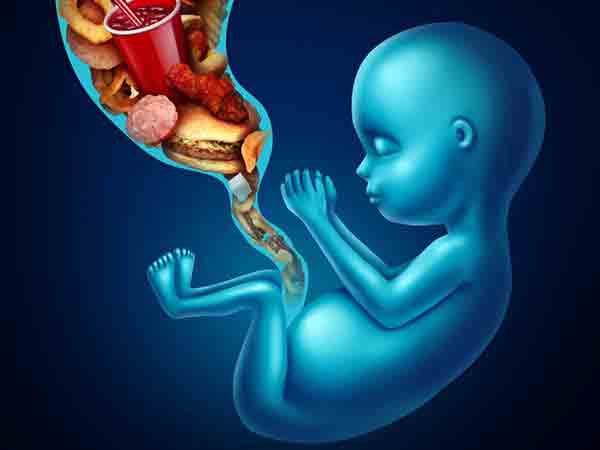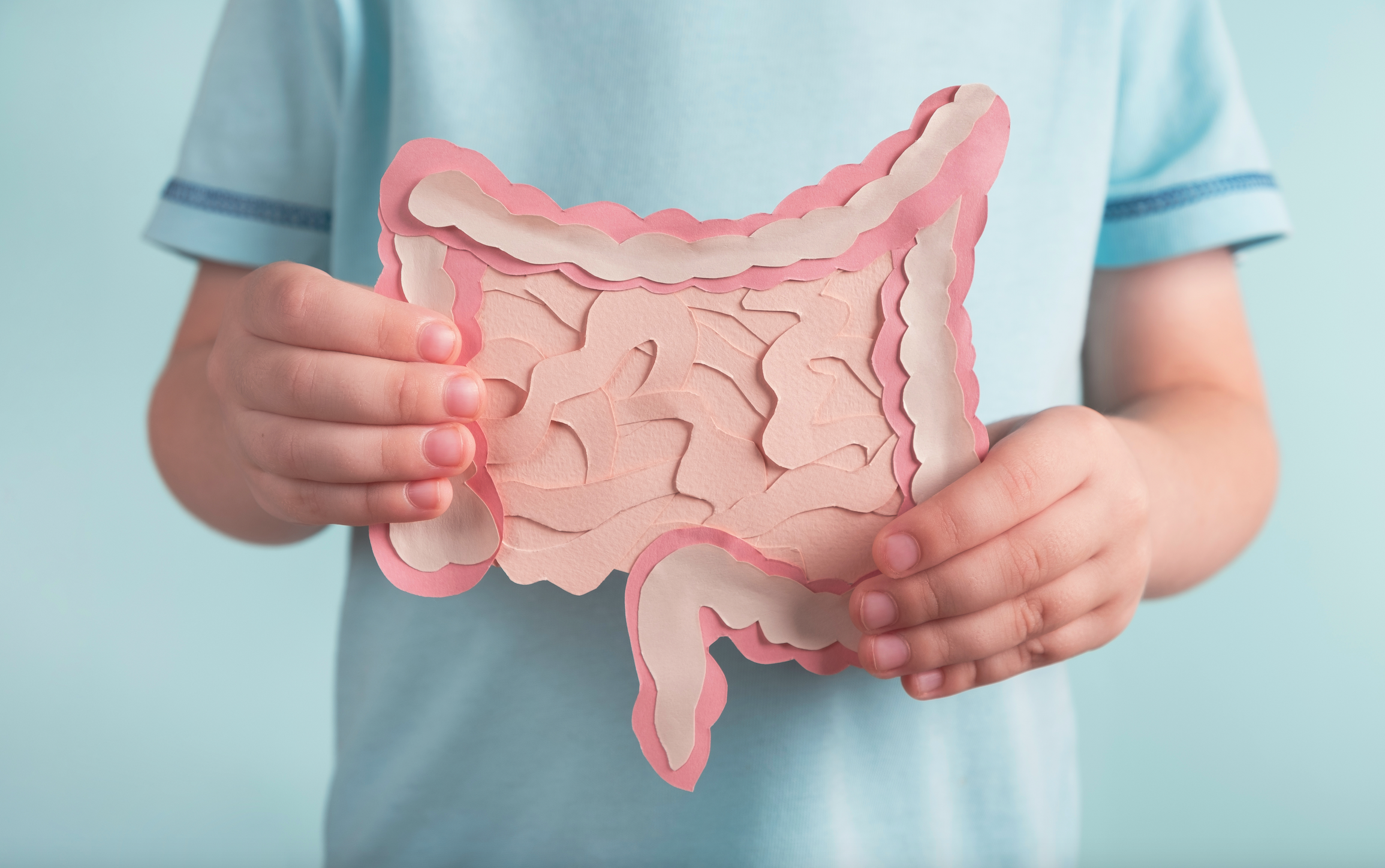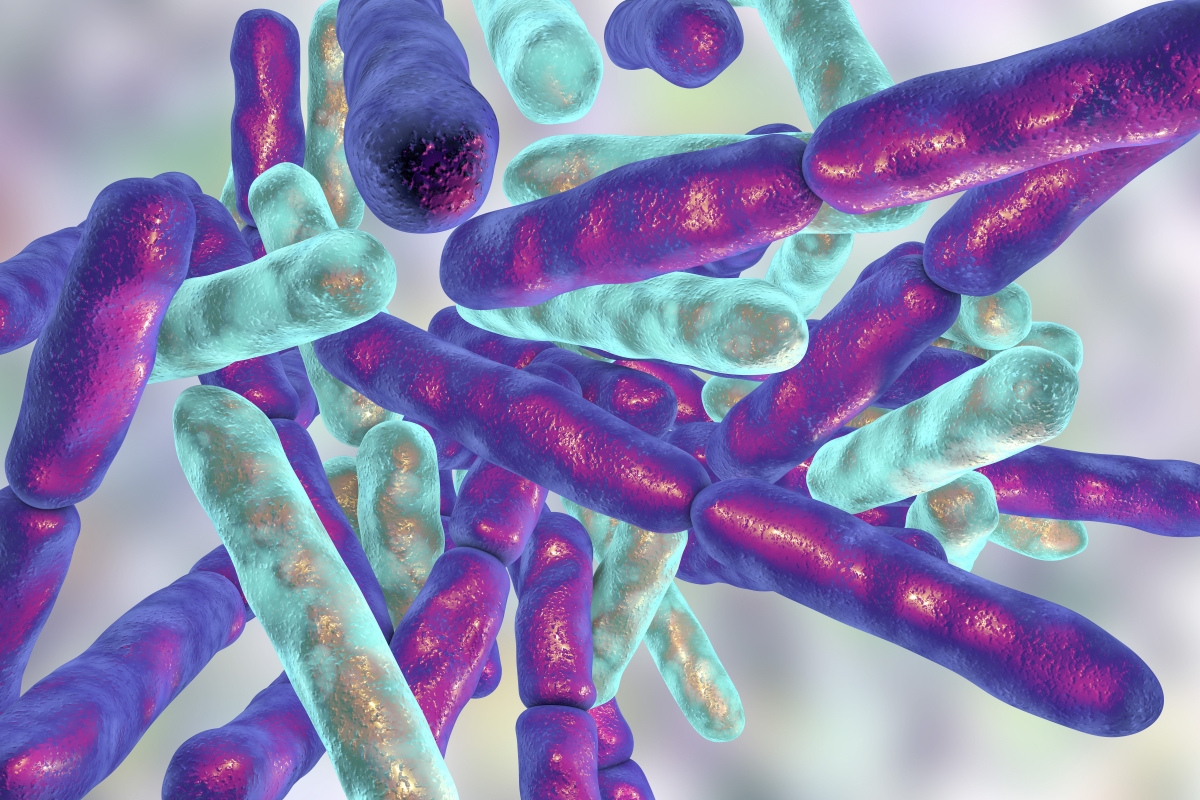Sex-specific gut-microbiota signatures of resilient and comorbid gut-brain phenotypes induced by early life stress
Changes in gut-brain communication and the gut microbiota ecosystem due to early life stress are critical factors in the development of stress-related disorders. However, Wilmes et al. (2024) highlight that the specific ways in which early life stress alters the gut microbiota and its role in sex-specific susceptibility to various gut-brain phenotypes in adulthood remain unclear. In their experiment, from postnatal day 2 to day 12, the mother was separated from the male and female Sprague-Dawley rat pups for three hours each day. Before weaning, fecal samples were taken for metabolomic and gut microbiota 16S rRNA sequencing. In adulthood, visceral pain sensitivity and negative behaviors were assessed using colorectal distension and the forced swim test. Maternal separation led to increased visceral hypersensitivity and a potential sex-dependent increase in negative behaviors in adulthood. The cluster analysis identified four distinct behavioral clusters: 1) resilient, 2) pain, 3) immobile, and 4) comorbid. Each cluster exhibited unique early-life gut microbiota changes, such as variations in diversity, genus-level abundance, and functional modules. Multi-omic analysis suggested different metabolic pathways associated with each phenotype. This study is the first to identify distinct phenotypes based on susceptibility or resilience to gut-brain dysfunction caused by early life stress. The gut microbiota alterations observed early in life were sex-dependent and linked to specific behavioral outcomes in adulthood. Further research is needed to clarify the causal relationship between early life stress-induced gut microbiota changes and the development of distinct behavioral phenotypes in adulthood. [NPID: Visceral pain, microbiota, psychiatric comorbidities, sex differences, early life stress, IBS, resilience]
Year: 2024
 Navigation
Navigation









